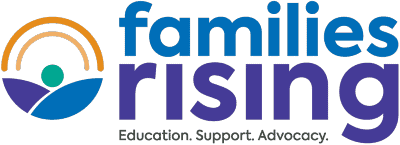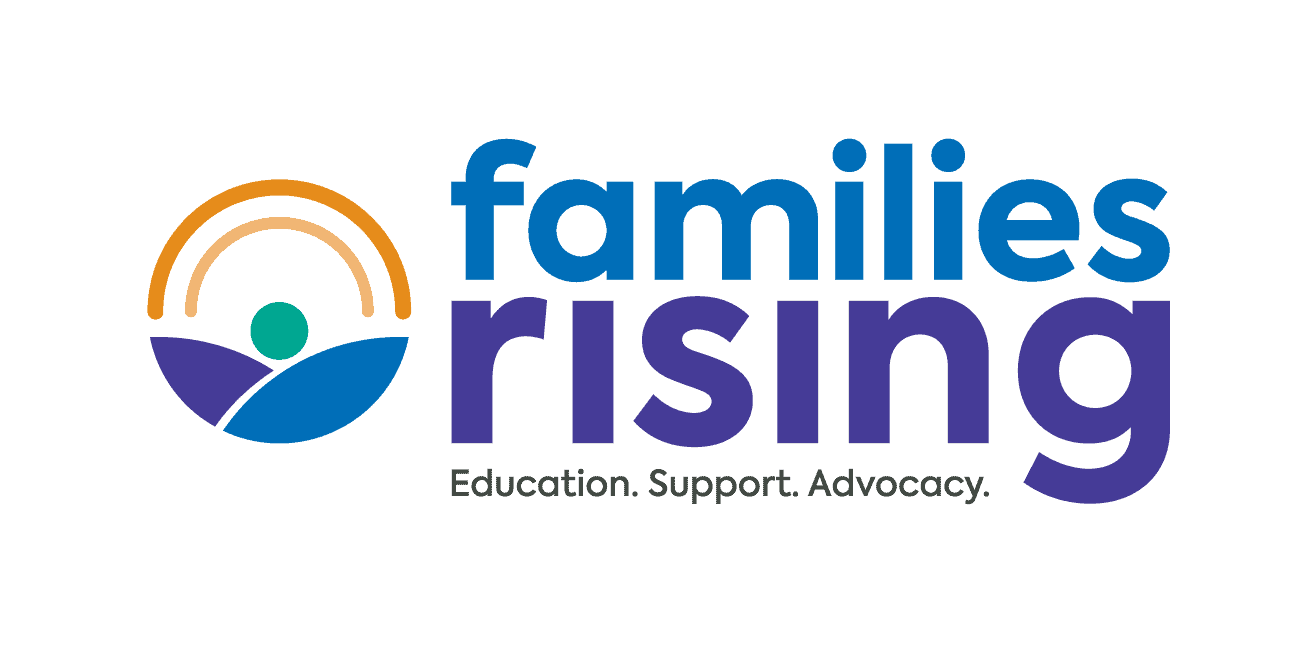State Contact
David A. Johnson
Oklahoma Human Services
P.O. Box 25352
Oklahoma City, OK 73125
405-522-4487
DavidA.Johnson@okdhs.org
Post Adoption Service Workers
https://oklahoma.gov/okdhs/services/child-welfare-services/post-adoption-services/adoption_assistance/pas_contact.html
Adoption Resources on the Web
https://oklahoma.gov/okdhs/services/adoption.html
Oklahoma state-specific medical assistance information:
https://oklahoma.gov/ohca.html
Oklahoma adoption assistance information:
https://oklahoma.gov/okdhs/services/child-welfare-services/post-adoption-services/adoption_assistance.html
Oklahoma Statute §10-7510-1.2 through §10-7510.1.6:
http://oklegal.onenet.net/oklegal-cgi/get_statute?99/Title.10/10-7510-1.2.html (scroll through using next)
Office of Administrative Rules Section 340:75-15-128 through 340:75-15-128.7:
https://oklahoma.gov/okdhs/library/policy/current/oac-340.html
(View Code, click Title 340, click Chapter 75, click Subchapter 15, click Part 14)
In Oklahoma a child must have special needs determined to be eligible for adoption assistance. If OKDHS determines that one or more factors or conditions listed below exists, and child may not be placed with the adoptive parent without adoption assistance.
- Physical disability. The child has a physical disability that requires regular treatment with a specific diagnosis by the child’s physician.
- Mental disability. The child meets the eligibility criteria for educable multi-handicapped (EMH) or trainable multi-handicapped (TMH) classes and has been evaluated by a licensed psychologist, psychometrist, or recognized diagnostic center. A child with a demonstrable need for intensive adult supervision beyond ordinary age needs also qualifies.
- Age and type of placement.
- Kinship placement. There is no age requirement when the child is placed with a relative that meets the specified degree of relationship as defined in OAC 340:10-9-1.
- Non-related. When no other special needs are determined, the child must be eight years of age or older.
- Sibling relationship.
- A child of any age and at least one sibling are placed in trial adoption status in the same home.
- A child younger than three years of age, not determined eligible to receive an adoption assistance payment at the time of the adoption assistance application, becomes eligible when there is a sibling relationship.
- If the adoptive parent, within one year of the child’s adoption finalization, finalizes the adoption of the child’s sibling, the subsequent child is, and the child originally adopted, if not eligible at the time of adoption would then be, eligible for an adoption assistance payment.
- The effective date the adoption assistance payment begins for the child is also the effective date the adoption assistance would begin for the sibling.
- Emotional disturbance
- Racial or ethnic factor. The child is American Indian or Alaskan Native, Hispanic or Latino, Asian, Black or African American and three years of age or older.
- High risk potential for physical or mental disease. The child who has a high risk potential for physical or mental disease for conditions that are not currently being treated may qualify. When no other special factors or conditions exist, a monthly payment is not approved until there are documented symptoms of physical or mental disease. These agreements will be $0 agreement only with Medicaid.
The basic rate based on age.
| Age | Rate |
|---|---|
| 0–5 | $531.60 |
| 6–12 | $612.60 |
| 13–18 | $678.60 |
Children with disabilities can qualify for a rate up to what they received in foster care.
Adoption assistance ends at age 18 unless:
- the child continues to attend high school or a GED program full time, but will end on 19th birthday, or
- the child meets the criteria for an adoption assistance DOC rate as determined by DHS
Child care services may be paid by DHS, as a part of the Special Service Subsidies and is negotiated and included in the adoption assistance agreement.
Respite vouchers are available to adoptive parents to be used to prevent adoption dissolution or who have special health care needs and was once in custody of DHS. Vouchers are awarded based on availability of funds. Read more about the program here, https://oklahoma.gov/content/dam/ok/en/okdhs/documents/okdhs-publication-library/20-07.pdf
Inpatient behavioral health services are covered for the children in general acute care hospitals. Services are also covered for children in freestanding psychiatric facilities. All inpatient behavioral health services for patients under 21 years of age must be pre-authorized by the Oklahoma Health Care Authority. All inpatient acute and residential psychiatric services will be pre-authorized for an approved length of stay. Non-authorized inpatient psychiatric services will not be Medicaid compensable. For questions related to pre-authorization or benefits available call (800) 522-0114 or visit website: https://oklahoma.gov/ohca.html.
In addition, the state offers the Oklahoma Promise. If students are enrolled in Oklahoma Promise during 8th, 9th or 10th grade, maintain a 2.5 GPA, and meet behavioral requirements (such as being drug free and violence free at school), their tuition expenses are covered at any public Oklahoma state college or university. Oklahoma Promise has a family income component of $60,000. Special income provisions apply to students who have been adopted while in the permanent custody of the Oklahoma Department of Human Services or in the court-ordered custody of a licensed, private, nonprofit child-placing agency or federally recognized Indian tribe. For more information visit, https://okpromise.org/about.shtml
An Oklahoma resident may deduct from his or her income nonrecurring adoption expenses not to exceed $20,000 per calendar year. The expenses must be deducted in the year they were incurred.


